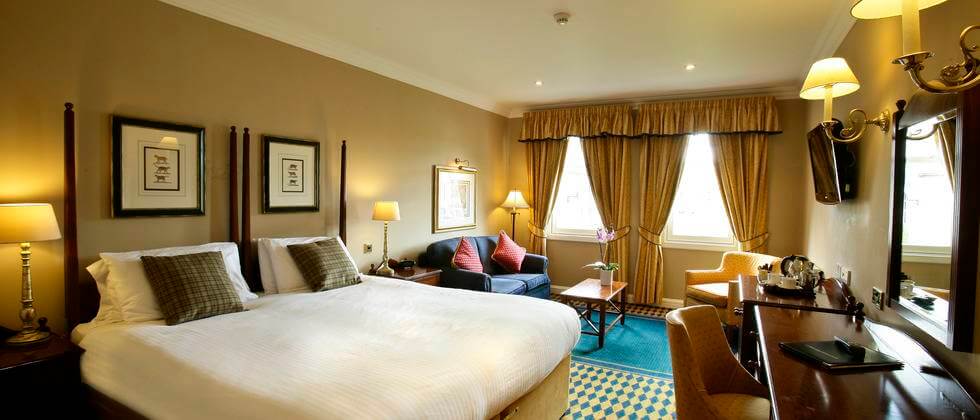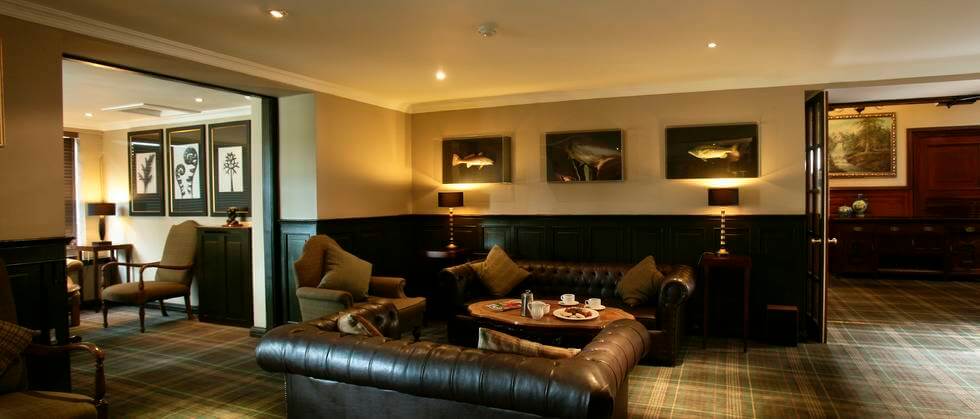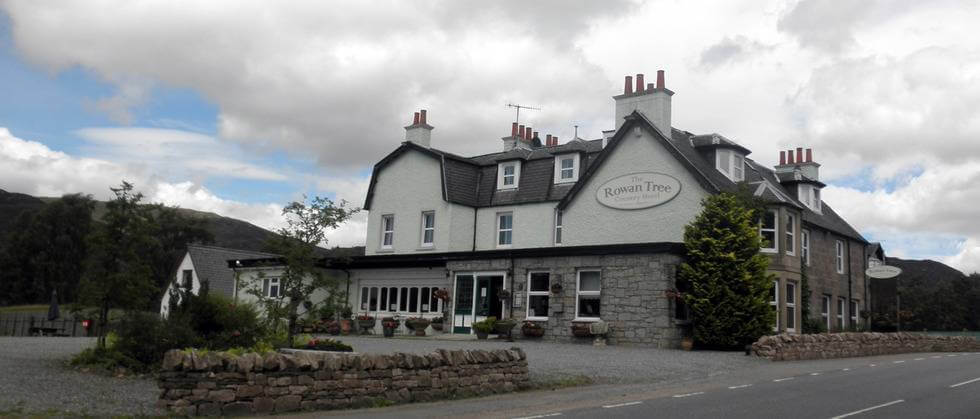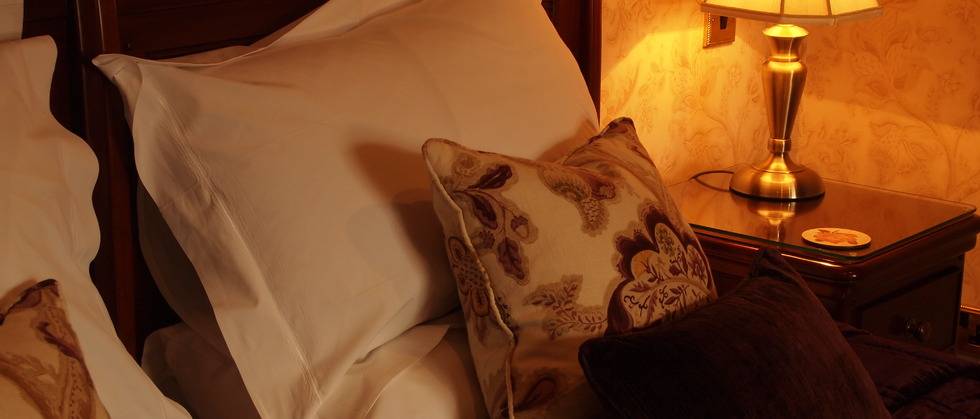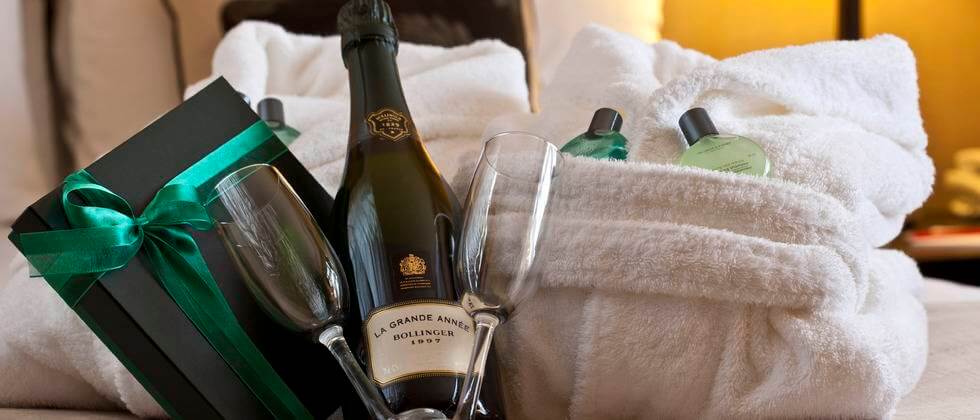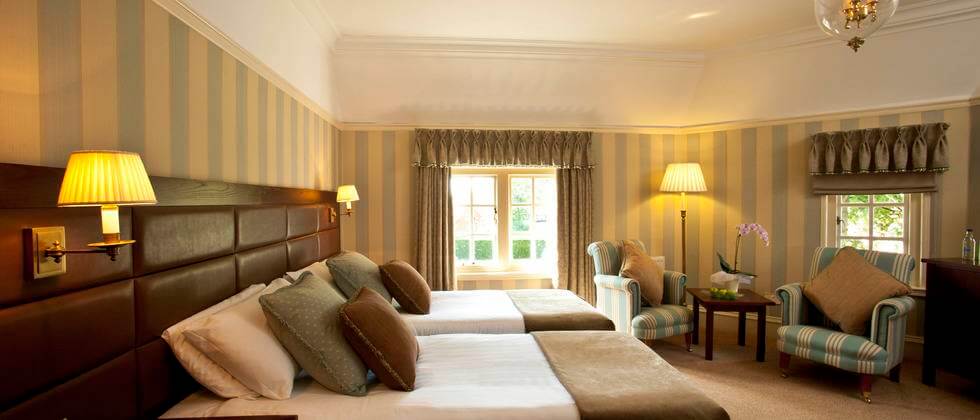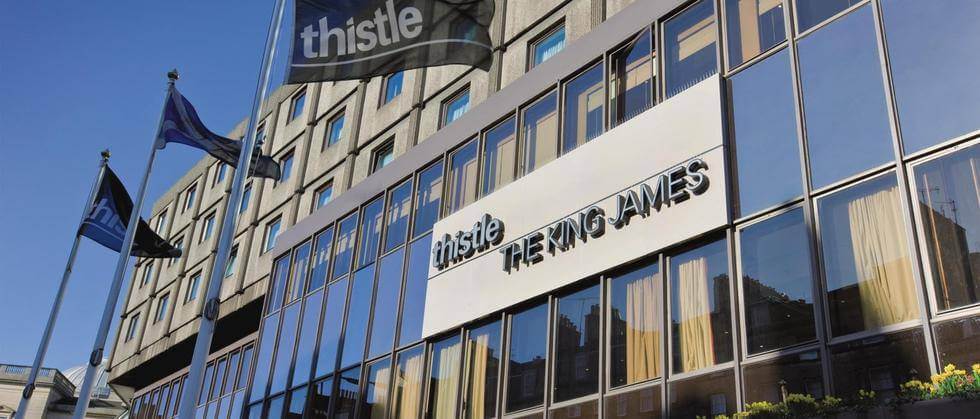The newest, and best online resource for all things hotels and hospitality businesses in Scotland
Best Practices for Responding to Online Hotel Reviews, Part I
By Daniel Edward Craig
Daniel Edward Craig is a former general manager turned consultant specializing in online marketing, social media strategy and reputation management. Visit www.danieledwardcraig.com
As a hotel manager, when a guest comes to the front desk to register a complaint, do you: 1) look busy; 2) skulk out the back door; or 3) handle the matter personally?
Not that difficult a question, is it? Then why do only 4% of negative reviews on TripAdvisor get a response? Does the fact that reviews are often anonymous and directed at travelers rather than hotels let us off the hook? Or are hoteliers even paying attention? Consumers certainly are. Reviews are playing an increasingly important role in booking decisions. Some would say that online reviews deserve even more time than internal surveys, as the feedback is just as (if not more) valuable, and the impact is public.
According to TripAdvisor, a property’s response to criticism can have more influence on traveler decisions than the criticism itself. Hoteliers have a chance to redeem themselves, yet the vast majority chooses to remain silent, willfully allowing reputation and business to suffer. Granted, not all review sites allow hotel responses. Online travel agencies posted three times as many hotel reviews than traveler review sites last year, yet whereas Expedia and Hotels.com allow responses, Priceline and Travelocity don’t, effectively shutting hotels out of the conversation.
Given their influence on booking decisions, it’s a safe bet that soon all OTAs will allow hotel responses. It’s time for hoteliers to make more time for monitoring and responding to public feedback. Here are some tips for responding to reviews to minimize damage and cast your hotel in a more positive light. Each property will have a different approach, so I recommend answering these questions on your own and compiling the results into a brief strategic plan.
Should I respond to all reviews?
You should respond to any feedback that is damaging to your hotel’s reputation, even if simply to acknowledge the issue and apologize. An unanswered complaint leaves travelers to draw their own conclusions, as in “I guess it’s true” or “The hotel doesn’t care”.
Respond to positive reviews occasionally to show you’re listening, to express appreciation and to reinforce the positive, but don’t feel obliged to reply to each one. Travelers read reviews for advice from other travelers, not for a succession of gloating responses from hotel managers. That said, your advocates deserve proper reverence. If the host site permits, send a private note of thanks and flag their profile to acknowledge them in person on their next stay.
Bad response: “It is with tremendous joy that I read your most gracious remarks regarding our cherished employees, who take immense pride in pleasing our valued guests …”
Good response: “Thank you for your wonderful remarks, which I have shared with our staff. We are thrilled to hear that you enjoyed your stay, and look forward to welcoming you back soon.”
Who should respond?
Given their influence, online reviews should be handled at the highest level and disseminated at all levels. It’s okay for a verbally gifted middle manager or executive assistant to draft responses, provided they’re approved by—and addressed from—a senior manager. As a rule I discourage hotel owners from responding. They have too much at stake and aren’t always as diplomatic as managers.
Bad response: “How dare you insult my bootifull hotel! I spit on your mother’s grave!”
Good response: “We welcome all constructive criticism, as it helps us to get better.”
When should I respond?
The sooner the better. The longer a complaint is left to fester, the more business it will drive away. But first thoroughly investigate the incident, draft a reply, sleep on it, delete all threats and curses, and have it reviewed by a highly literate and judicious colleague.
If your property rarely receives reviews, negative reviews will have a longer shelf-life, which makes monitoring and responding even more important. If you receive frequent reviews, regular responses are necessary to keep them up front and center—ideally on the first page. To stay on top of reviews I recommend a reputation management tool likeRevinate (whom I consult for), which will scour the web for mentions of your hotel on all social media platforms and deliver a daily summary to your desktop.
Bad response: “I would have appreciated it if you had brought this issue to my attention while a guest rather than two years later.”
Good response. “You will be happy to know that, as a result of guest feedback like yours, we have implemented the following changes …”
What should I say?
A poorly worded response risks making things worse, whereas a well executed response will prompt readers to conclude that, despite unfortunate circumstances, management cares and is on the ball. Thank the reviewer, acknowledge positive comments first, and apologize. Explain what you’ve done to fix the problem—or why it can’t be fixed. Readers will be put off by stock replies, and a few changed words won’t fool them, so tailor each response. Never offer compensation, as it might encourage more complaints.
Bad response. “Let’s try to avoid hyperbolizing, shall we, as in ‘worst hotel experience EVER!’ Yes, we dropped the ball, but we got slammed that morning and two employees called in sick.”
Good response: “Clearly we were not performing to our usual standards that morning, and for that I sincerely apologize. I have reviewed your feedback in detail with our restaurant manager.”
Stay tuned for Part 2, in which we discuss what to do about false claims and complaints that can’t be resolved. If you have comments or tips of your own to share, post them here under Comments.
About Revinate. The ultimate social media solution for hotels, Revinate harnesses online reviews and social media as the ultimate measures of guest satisfaction and drivers of demand. By tracking key metrics, providing real-time alerts and intuitively guiding hoteliers to action, Revinate helps hospitality companies profit from social media. For more information visit http://www.revinate.com/.
Join us on Innfinite´s Google+ page

Hotel Deals
Great deals in just a click

Featured independent hotels of quality in Scotland
-
Balbirnie

Balbirnie House is a quite unique multi-award winning country house hotel which combines understated luxury with superb service and outstanding value.
-
Peat Inn

Winner of the AA Restaurant of the Year awards for 2010-11 at the recent AA Hospitality Awards, amongst the most prestigious national awards of their kind.
-
Knockinaam

A small luxury country house hotel in Dumfries and Galloway with a glittering array of awards – 3 AA red stars, 3 AA food rosettes – and 1 Michelin star.
-
Maryculter

A classic 4 star country house hotel, 6 miles outside Aberdeen on the bank of the river Dee and a short drive from Aberdeen International Airport.
-
Piersland

A stunning, beautifully restored, W illiam Leiper inspired 4 star ‘country house hotel by the sea’, in glorious gardens, grounds and sun facing terrace, in Troon.
